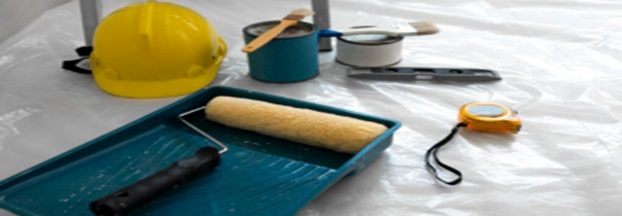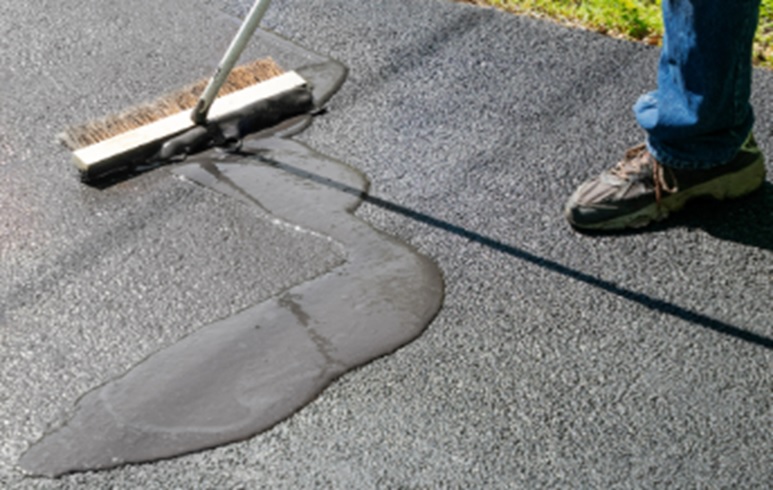In an age where home security is paramount, residential areas are increasingly turning to closed-circuit television (CCTV) cameras as a reliable solution to deter break-ins. The presence of surveillance cameras has proven to be an effective deterrent, but how exactly do they work to protect homes from potential burglars? This article explores the various ways in which CCTV cameras contribute to crime prevention and the advantages they offer to homeowners.
1. Psychological Deterrent for Potential Criminals
One of the most immediate effects of CCTV cameras is their psychological impact. For any criminal, the fear of being caught and identified is a powerful motivator. When burglars spot a CCTV camera, they are far less likely to proceed with their criminal intentions. Knowing that their actions are being monitored and recorded makes it considerably riskier to commit a crime. The presence of visible cameras around a residential area can send a strong message that the property is under surveillance, making it less attractive to criminals seeking easy targets.
2. Real-Time Monitoring and Quick Response
CCTV cameras are not just passive observers but can also be part of a more active security system. Many modern CCTV systems allow homeowners or security personnel to monitor footage in real time, either through a direct feed to a mobile device or a computer. This real-time capability means that if suspicious activity is detected, a prompt response can be made. Homeowners can notify local authorities immediately or activate other security measures, such as alarms, to address the situation before it escalates.
3. Recording Evidence for Investigations
Even if a break-in does occur despite the deterrent effect of CCTV cameras, the footage they capture becomes invaluable evidence in the investigation. High-quality recordings of the crime scene can provide crucial details, such as the appearance of the intruders, the time of the crime, and any distinguishing characteristics of the vehicles involved. This can greatly assist law enforcement in their efforts to catch the criminals and recover stolen property. In many cases, this clear and indisputable evidence leads to quicker resolutions of crimes and higher chances of prosecution.
4. Prevention of Vandalism and Property Damage
While break-ins are a primary concern, many criminals are also motivated by the opportunity to vandalize or damage property. CCTV cameras can help reduce such occurrences, as the threat of being caught on camera can discourage vandals from damaging homes or cars in the vicinity. A simple act of recording a crime, such as graffiti or broken windows, can often lead to the identification of the perpetrators, providing an added layer of protection for homeowners.
5. Deterrence of Repeat Offenders
CCTV systems can also contribute to a reduction in repeat offences in residential areas. In neighbourhoods where crimes have been previously committed, the installation of cameras can send a message to would-be criminals that law enforcement is vigilant and proactive. As repeat offenders often return to familiar areas to commit their crimes, the knowledge that a residential area is well-monitored may make these locations less appealing for further criminal activities. This creates a safer environment where crime rates are less likely to escalate.
6. Increased Community Security
When CCTV cameras are implemented in residential areas, the sense of security spreads beyond individual households. Neighbours can feel more confident in their surroundings, knowing that the area is being actively monitored. This collective sense of security fosters a greater sense of community, as people are more likely to look out for one another when they know their efforts are supported by a robust security system. Communities with well-established surveillance systems often see a reduction in not only break-ins but other forms of crime as well.
7. Deterrence for Opportunistic Crimes
Many crimes, including break-ins, occur due to an opportunity presented by a vulnerable property. Opportunistic criminals often strike when they believe they can gain access to a home with minimal risk. CCTV cameras reduce the likelihood of such opportunities by making homes appear secure and monitored. For example, burglars are unlikely to target a home with a visible camera when they know it would be difficult to carry out a crime unnoticed. This level of deterrence can significantly reduce the chances of an opportunistic crime occurring in the first place.
8. Lowering Insurance Premiums
Homeowners who install CCTV cameras may also benefit from reduced insurance premiums. Insurance companies often reward customers who take proactive measures to protect their property, and the presence of a security camera system can signal to insurers that a homeowner is serious about preventing damage or loss. The reduced risk of break-ins or vandalism can result in lower premiums, thus offsetting the initial cost of installing the system.
9. Long-Term Cost Savings
Although the installation of CCTV cameras requires an upfront investment, the long-term cost savings are significant. By deterring break-ins and reducing the risk of theft or property damage, CCTV systems can prevent costly losses. In addition, the evidence provided by cameras can lead to quicker insurance claims and help avoid the expenses associated with replacing stolen goods or repairing property damage. As a result, CCTV cameras are not only a valuable deterrent but also a smart investment for long-term financial security.
10. Customization and Scalability
One of the advantages of modern CCTV systems is their flexibility. Homeowners can choose from a wide variety of cameras, including indoor and outdoor models, night-vision options, and motion detectors. CCTV systems can also be scaled to suit the needs of the property, whether it’s a small apartment complex or a sprawling suburban neighbourhood. This adaptability ensures that homeowners can find the right system to provide the maximum level of security for their specific situation.
Conclusion
CCTV cameras offer more than just a passive watch over a residential area. They act as a powerful deterrent to potential criminals, provide valuable evidence in the event of a crime, and create a sense of security for both individual homeowners and the broader community. Their role in reducing crime and enhancing property protection is undeniable, and with advancements in technology, the effectiveness of CCTV systems continues to improve. For anyone looking to secure their home and deter criminal activity, investing in CCTV cameras is a prudent step toward safeguarding their property and peace of mind.






